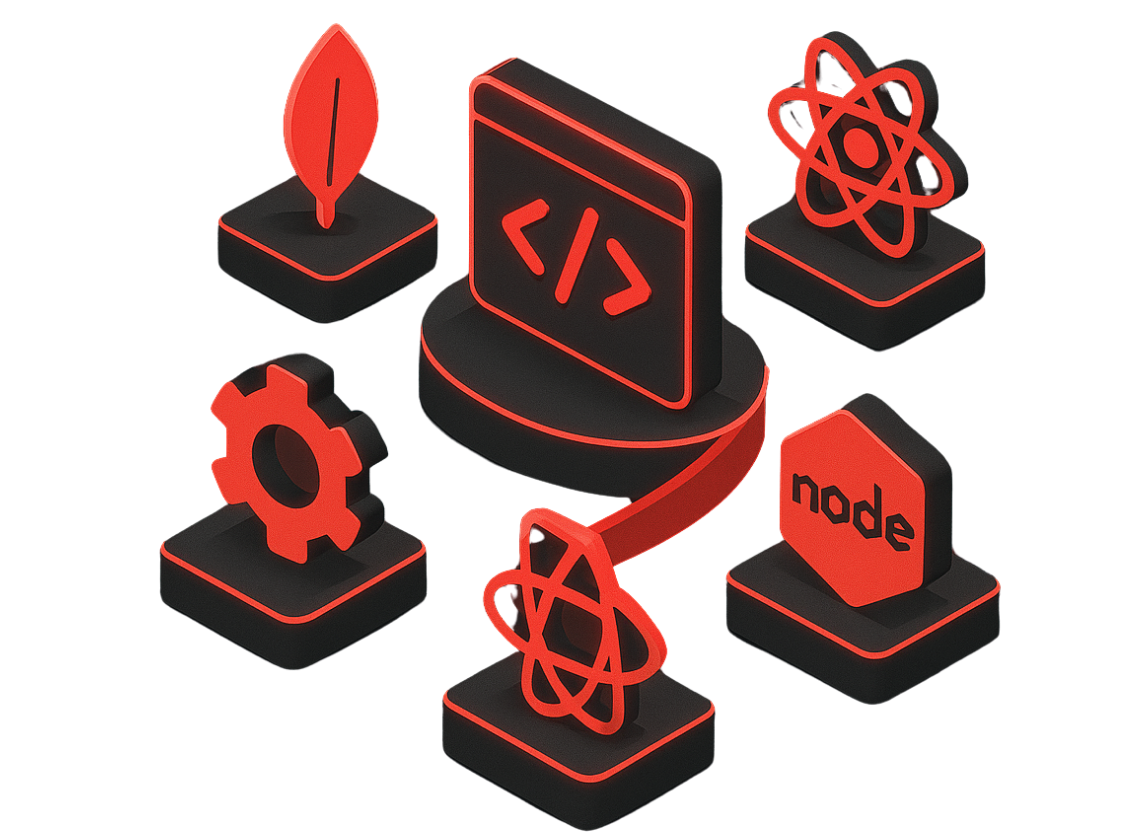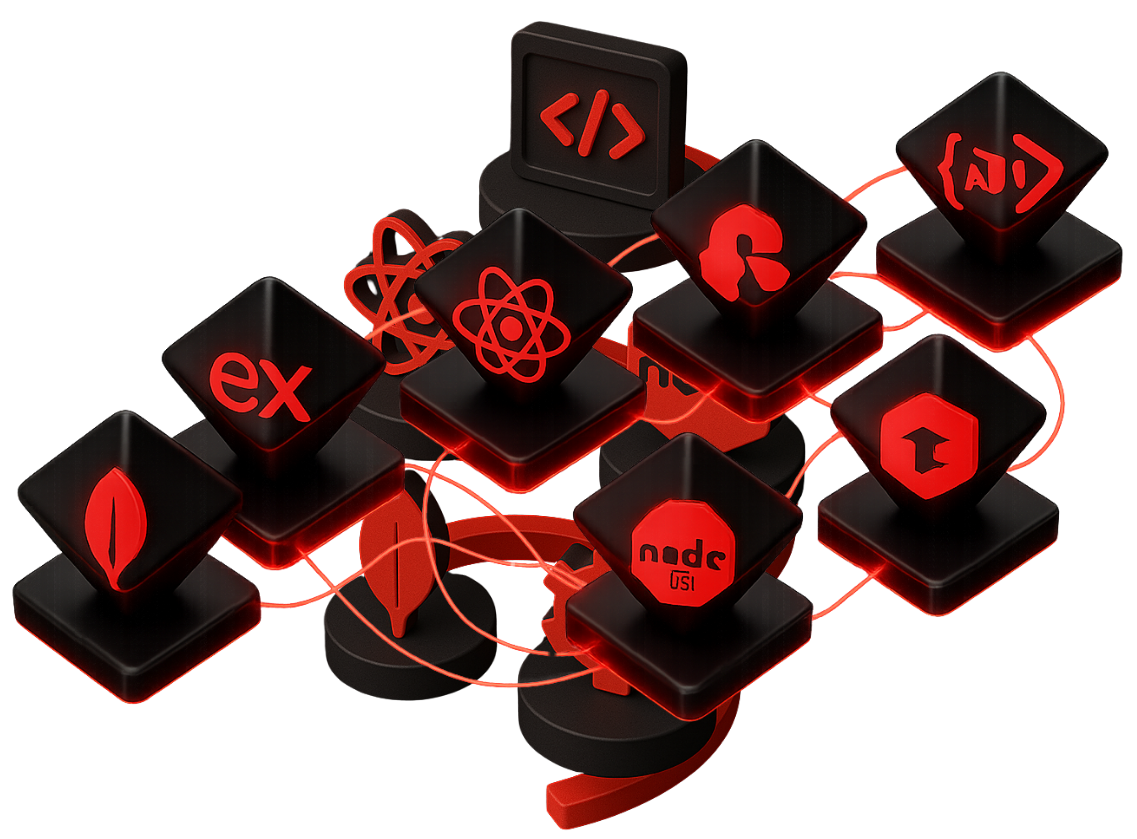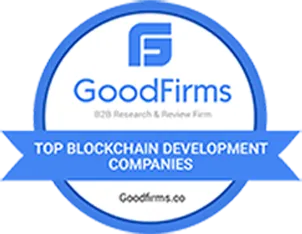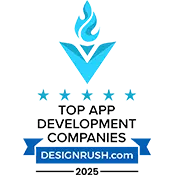MERN Development
MERN is a comprehensive JavaScript framework that develops web applications by integrating MongoDB, Express.js, React.js, and Node.js. It enables developers to utilize JavaScript for both the front and back end, enhancing development speed and efficiency while guaranteeing smooth integration among all components. This stack is greatly appreciated for its scalability, adaptability, and robust community backing.













